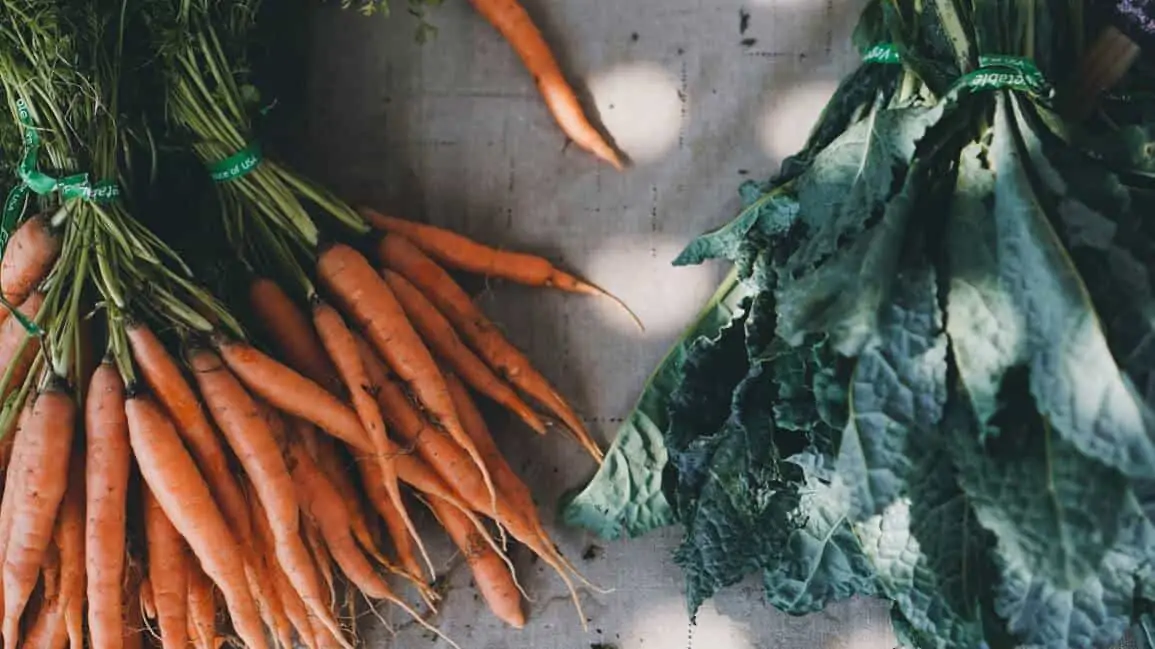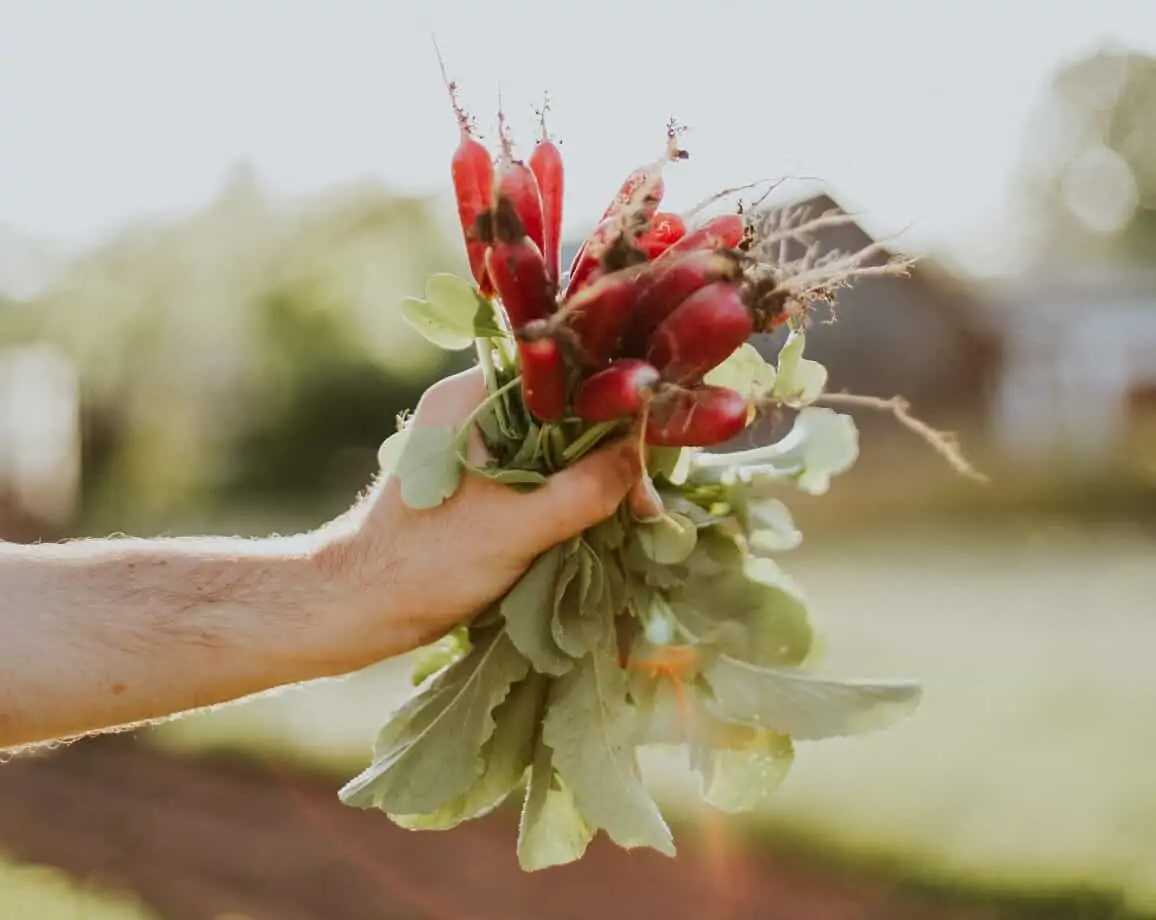
As organic food sales reach record levels – according to this survey they’ve increased by 6% for its sixth consecutive year of growth – it’s safe to say that organic products are no longer the fad they were made out to be. Going organic is now an option for everyone, with organic products more affordable and accessible than ever.
As a leading provider of the most natural fibres on the planet, we champion the use of organic products in every area of life, not just in our homes and wardrobes.
Your diet is the main area where you can realise the benefits that going organic brings. Organic food means better standards for you, livestock, wildlife, and the wider environment, here’s how…
1. Reduce pesticide exposure
The use of pesticides is widespread in non-organic food production and farming. Almost half of all British food contains residue from more than one pesticide and almost 300 pesticides are routinely used in non-organic food production and farming.
In comparison, organic farming uses a fraction of the pesticides. The small number of approved pesticides used are natural and contain no herbicides, meaning less disruption to the natural environment throughout every stage of food production.
High pesticide exposure has been linked to a number of health complaints, particularly in children, as Healthline explains:
“In children, accidental exposures to high levels of pesticides are associated with childhood cancers, attention deficit hyperactivity disorder (ADHD) and autism (9, 10). One study of 1,139 children found a 50–90% increased risk of ADHD in children with the highest urine levels of pesticides, compared to those with the lowest urine levels (11, 12).”
2. Protect welfare and wildlife
The highest standards of animal welfare are found in organic farming. All animals have to be free-range, with strict requirements met regarding their living conditions, food quality, medical treatment (including the use of antibiotics), transport, and slaughter. Their diet, in particular, has to be as natural as possible with zero genetically modified organisms (GMOs).
The living conditions present on organic farms provide havens for wildlife. The environment and organic techniques used ensure suitable food sources and homes for butterflies, birds, bees, and other wildlife. By supporting organic farms, you’re conserving the natural habitats that have been in decline in the UK for the past 60 years.

3. Fight climate change
Organic farming and food production techniques aim to work with nature, not against it. Intensive, non-organic food production and farming cause untold damage to the environment, with the wide use of pesticides and herbicides, only adding to the problem.
By choosing organic products, you are supporting the creation and maintenance of the healthy and fertile soil needed to resist drought and flooding. Soil quality also influences water quality whilst providing better food security for the future.
The selection of crops is also designed to be more environmentally friendly in organic food production. Crop varieties are chosen for their natural resistance to pests and disease, therefore limiting the need for chemical use.
4. Make a healthier choice
Food produced commercially using non-organic techniques has been proven to have a lower level of vitamins, minerals, enzymes and micronutrients. By choosing organic, you’re instantly eating more healthily and your body will benefit from the improved nutrient content.
The use of GMOs, artificial colours and preservatives are strictly prohibited, and so too is the use of hormones, antibiotics, and drugs in organic animal products.
Those going meat-free will also enjoy more vitamins and minerals in their fruits and vegetables. All of these benefits, give organic food the nutritional edge over non-organic alternatives.
5. Enjoy a better taste
Organic food isn’t just nutritionally better for you, it tastes better too, and that’s reason enough to go organic. In addition to this, going organic is super sustainable, meaning you can enjoy tastier food, and save the planet for generations to come.